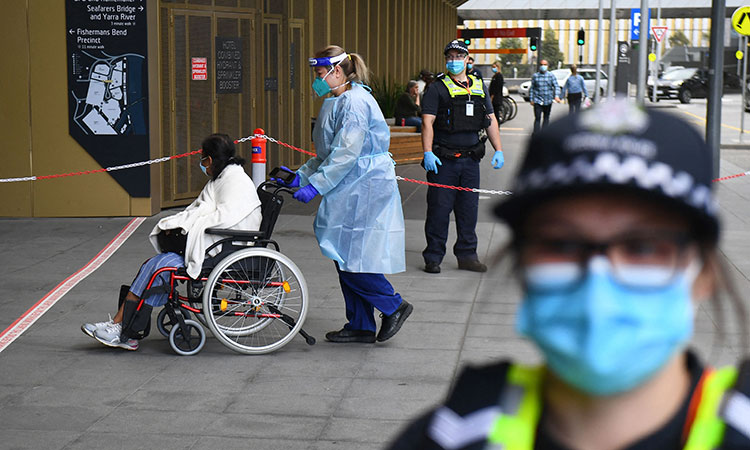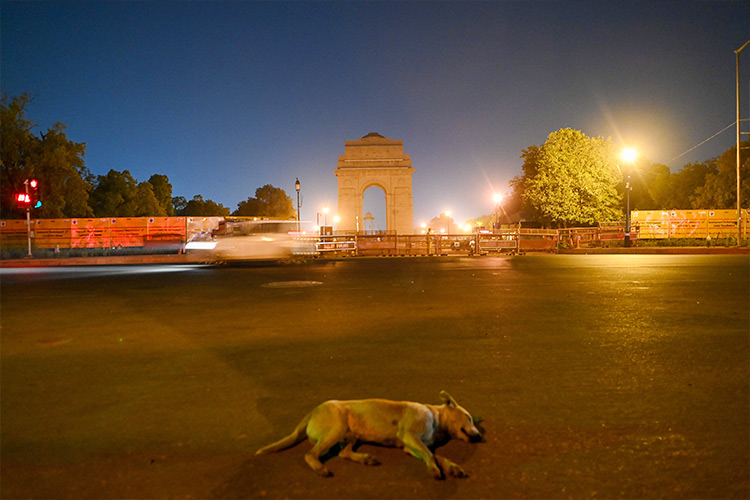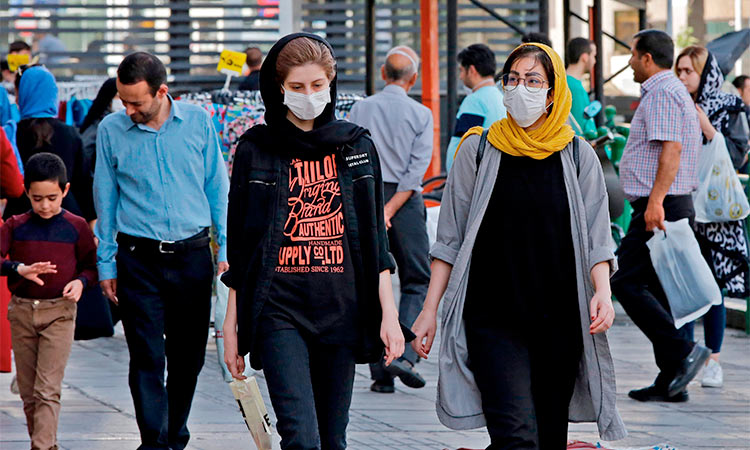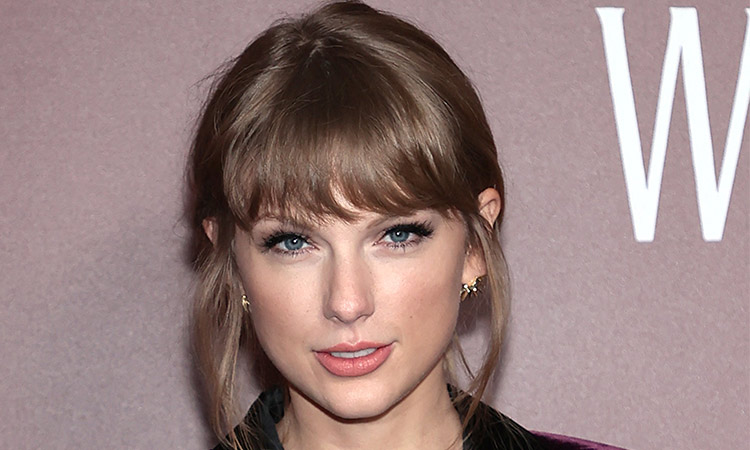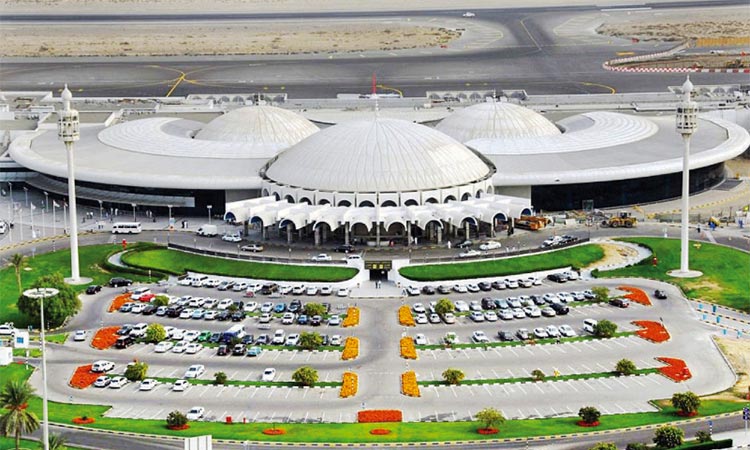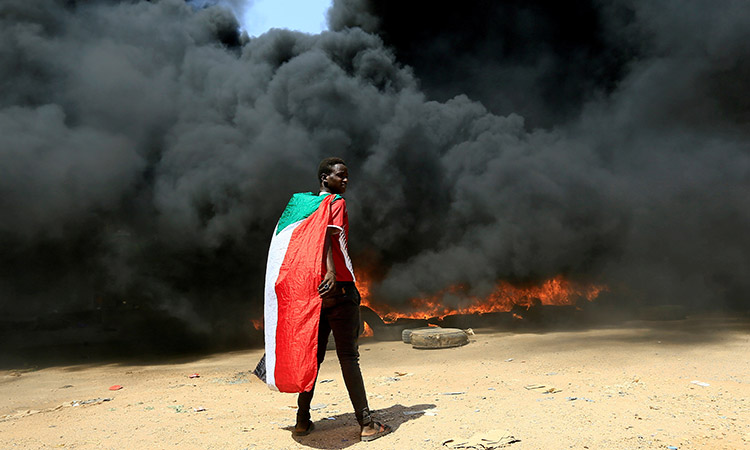Another case of a ‘rich man’s disease’ infecting the poor
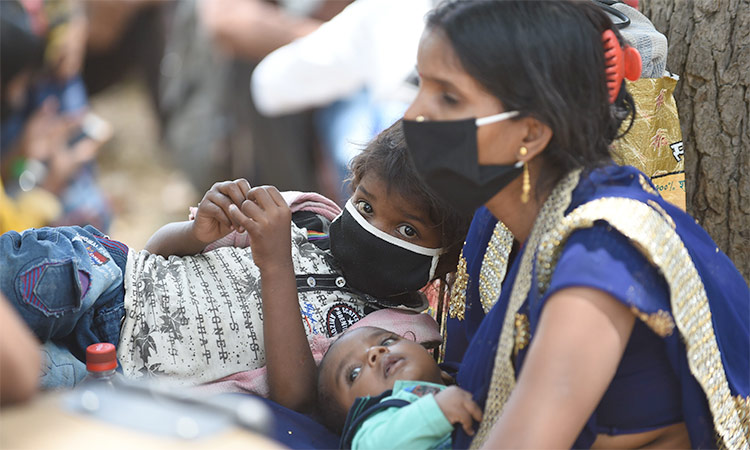
The family members of a stranded migrant worker sit along with others near Gota Bridge on the outskirts of Ahmedabad during a lockdown last week. Agence France-Presse
Shashank Bengali, Kate Linthicum and Victoria Kim, Tribune News Service
When it arrived in the unforgiving industrial towns of central Mexico, the sand-swept sprawl of northern Nigeria and the mazes of metal shanties in India’s commercial capital, Mumbai, COVID-19 went by another name.
People called it a “rich man’s disease.”
Pandemics throughout history have been associated with the underprivileged, but in many developing countries the coronavirus was a high-class import — carried in by travellers returning from business trips in China, studies in Europe, ski vacations in the Rockies.
As infections initially concentrated in better neighbourhoods, many poor and working-class people believed the disease wouldn’t touch them, as if something terrible but rarefied. The misperception was fed by elites, including the governor of Mexico’s Puebla state, Luis Miguel Barbosa, who said in March: “If you’re rich, you’re at risk, but if you’re poor, you’re not. The poor, we’re immune.”
By now it is clear that COVID-19 spares no one and disproportionately harms the hungry, the forgotten, those with preexisting illnesses and substandard health care.
But historians say it may be remembered as the first pandemic that spread, to a significant extent, from the affluent to the lowly — agitating class grievances in some of the world’s most unequal societies and adding a dark twist to a pandemic that has killed more than 270,000 people.
“At the very, very early stages it could be considered a rich man’s disease,” said Joshua Loomis, an assistant professor of biology at East Stroudsburg University in Pennsylvania and author of a history of epidemics. “But as we know, it didn’t take long to become entrenched among the poor, and that is where most pandemics gravitate.”
The rich have long erected barriers to insulate themselves — whether walls to hide slums in India or the gated communities and private jets favoured among the wealthy in the United States. The well-off have been refining social distancing for years, and when contagion appears, societies’ first instinct has often been to target and sequester the poor.
During the cholera epidemic of the early 19th century, harsh quarantines of lower-class neighbourhoods sparked riots in the Russian city of St. Petersburg that were suppressed only when Tsar Nicholas I sent in the army. In the 1930s, the Nazis used typhus prevention as a pretext to confine Jews to ghettos that accelerated the disease’s spread, ensuring it killed as many as possible.
But when a pandemic begins with the rich, the poor have nowhere to hide.
“Throughout history, the rich would wall in the poor to let disease wipe them out,” Loomis said. “There are not many examples of the poor having the power or the means to do that.”
The 1918 influenza outbreak was also propelled by transcontinental travel, but it is widely believed that American soldiers — not leisure travellers — brought the disease to Europe when they fought the closing battles of World War I. Tuberculosis, for a time in the 19th century, was associated with the elite because it killed a series of Romantic writers and artists. But it has always spread most ferociously among slum-dwellers and factory workers.
Since the first infections were reported in Wuhan, China, late last year, COVID-19 has been different.
The disease hopscotched around the world aboard commercial jets, quickly appearing in Japan, South Korea, Thailand and the US. The first case in India was detected in late January in a middle-class medical student who had flown home from studying in Wuhan. Only Indians with travel histories were tested in the early weeks. Most of daily life ground on as normal; the maids and drivers who are the backbone of India’s cities left their crowded neighbourhoods every morning to come to work in middle- and upper-class households, returning home after dark on train cars jammed with commuters.
In mid-March the first case was found in a poor person: a 68-year-old housekeeper in Mumbai. Doctors said she was likely infected by her employer, who had tested positive after returning from the US.
The government soon imposed a nationwide lockdown. But as infections continue to soar, Harjit Singh Bhatti, a physician and activist, said the government should have closed the international airports in New Delhi and Mumbai in early March and isolated arriving passengers more strictly.
“Those returning from abroad are obviously not poor,” Bhatti said. “If we had quarantined them in the beginning, India would be in a better position today.”
In Mexico, some of the earliest cases were detected in prominent business leaders who had travelled in private jets to Vail, Colo., for a ski vacation. They included a top banking official, the chief executive of the company that makes Jose Cuervo tequila and the chairman of Mexico’s stock exchange, Jaime Ruiz Sacristan, who died from the virus in mid-April.
In recent weeks, the virus has taken hold in some of the country’s poorest communities, including in the working-class slums that ring Mexico City and in northern border cities such as Juarez, where an outbreak at a US-owned auto-parts plant has killed at least 14 workers, authorities say.
The virus has so far spared Mexico’s rural poor, in part because people in those regions have gone to extremes to bar outsiders from bringing it in. Many remote towns across Mexico have erected roadblocks manned by self-styled health vigilantes. In beach resorts up and down the Pacific Coast, some towns have expressly sought to keep out foreign tourists.
Abel Barrera Hernandez, a human rights activist in the mountains of Guerrero state, said rural Mexicans simply can’t afford to get sick.
“The grave problem here is that there isn’t the infrastructure needed if people fall ill,” Barrera said. “There aren’t ventilators here. These are communities that sometimes don’t even have water.”
Stories of callous behaviour by elites have spread along with the virus. A Bollywood singer refused to self-isolate upon returning from London, then attended three parties where she came into contact with hundreds of families who had to go into quarantine. The daughter of a prominent politician in Malaysia flouted a nationwide lockdown to meet with a public official but got off with a relatively minor $184 fine.
In March and April, South Korea saw a new wave of infections among privileged offspring returning home, many from universities in the US and Europe that had closed their campuses. Some of the students appeared as aloof as they were careless.
One student who had a fever reportedly swallowed 20 acetaminophen pills to evade detection by airport temperature scans; another broke quarantine multiple times to go to Starbucks in Seoul.
In Nigeria — Africa’s largest economy but also one of its most unequal, where two in five people survive on $1 a day or less — some of the first COVID-19 patients were political figures, including the president’s chief of staff, Abba Kyari. Some were believed to have been infected while travelling in Europe or Egypt, drawing snickers from working-class Nigerians fed up with official corruption and the perks enjoyed by a moneyed class famous for its passports and plane tickets.
“A lot of Nigerians were very happy, saying, ‘Maybe all of our leaders will get sick and we’ll get a new government,’” said Kingsley Ndoh, an assistant professor of global health at the University of Washington.
“It was seen as a ‘big man’s disease,’ so there was this low risk perception. And then community spread started taking root.”
Last month, after Kyari died of the illness, Nigeria’s health minister said the virus was no longer just “something for big men and women who came from abroad.” But the message was undermined when hundreds violated the country’s social distancing policies to attend Kyari’s funeral — many not wearing masks.
